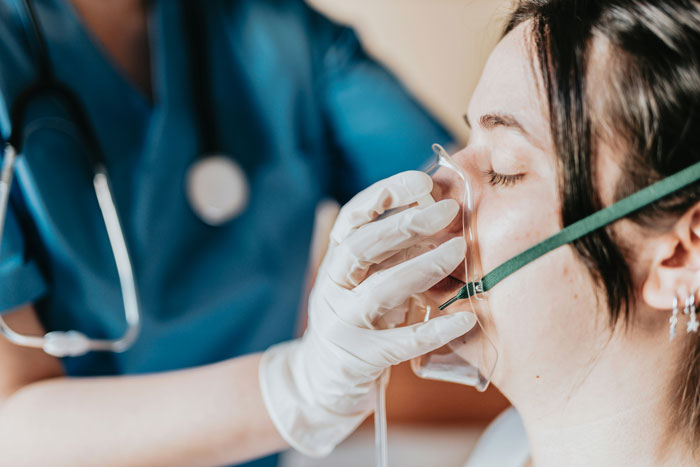Science Behind Why Women Feel Hangovers More Than Men
Dr Amir Breaks Down the Science Behind the Suffering

If you’ve ever wondered why your hangover feels like a personal attack while your boyfriend is up making breakfast like nothing happened, you’re not alone—and there’s a scientific reason behind it.
It’s a complaint many women quietly (or not-so-quietly) share: you go drink for drink with a man, but the next morning you’re the one curled up in bed with a splitting headache, while he’s out for a jog. It might seem unfair, but according to medical experts, there’s a biological explanation for this very common experience.
During a recent appearance on the Lorraine talk show, Dr Amir Khan shed some light on why women tend to suffer worse hangovers than men. Spoiler: it’s not in your head, and it’s not about body size or hydration alone.
One of the key reasons lies in an enzyme called alcohol dehydrogenase. It’s responsible for breaking down alcohol in the body, and women generally have less of it than men. That means alcohol stays in the bloodstream longer, hits harder, and takes more time to clear out.
“This is really interesting,” said Dr Amir. “Women have less of [alcohol dehydrogenase] than men do, so they take longer to break down alcohol. That alcohol is floating around their body more, so they’re more likely to feel the effects of alcohol and then get a hangover the following day as well.”
Women get worse hangovers due to hormones, less blood volume, and slower alcohol processing.
In other words, it’s not just bad luck. Women process alcohol differently at a chemical level, which makes them more vulnerable to the classic hangover symptoms – headaches, nausea, fatigue, and general regret.
But there’s more. Hormonal fluctuations throughout the menstrual cycle, and even during menopause, can also change how the body reacts to alcohol. Your hormones have a say in how badly that cocktail is going to treat you tomorrow.
Dr Amir went on to explain how oestrogen, a hormone that plays a big role in female reproductive health, actually affects how efficiently that alcohol-degrading enzyme works.
“They also have less circulating blood so that alcohol is concentrated,” he said. “But oestrogen plays a part as it makes that alcohol dehydrogenase enzyme more efficient at breaking down alcohol.”

Alcohol tolerance is higher early in the cycle and worse after menopause due to oestrogen levels.
Here’s the good news: during the first two weeks of the menstrual cycle, oestrogen levels are rising, and that’s when alcohol is metabolized more effectively. So during that part of the cycle, you might find yourself handling drinks better, and maybe even escaping the dreaded next-day fog.
Dr. Amir explained it like this:
“When you look at the menstrual cycle, for the first two weeks your oestrogen levels are on the up, so you’re more effective at breaking down alcohol, and less likely to get drunk, less likely to get a hangover.”
But of course, what goes up must come down. In the second half of the cycle, oestrogen levels dip, and so does your alcohol tolerance. The same thing happens after menopause, when oestrogen levels fall significantly. That could explain why hangovers start feeling a lot worse with age, even if you’re drinking less than before.
“You might not be able to enjoy the drinks that you used to when you were younger because your oestrogen levels are lower, you don’t break down alcohol as efficiently, and you’re more likely to get a hangover too,” said Dr Amir.

So if you’ve been wondering why you can’t seem to hold your wine like you used to, there’s a good chance your biology is just doing its thing.
It doesn’t mean you have to give up drinking entirely, but understanding the science might help you make more informed choices, especially when planning a night out.
And let’s be honest: knowing there’s a legitimate reason why your partner is fine while you feel like a train wreck the next day? That’s oddly satisfying.






